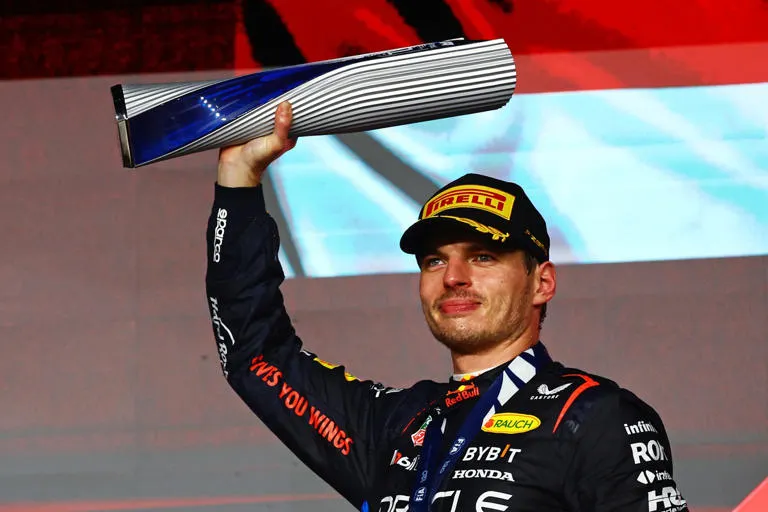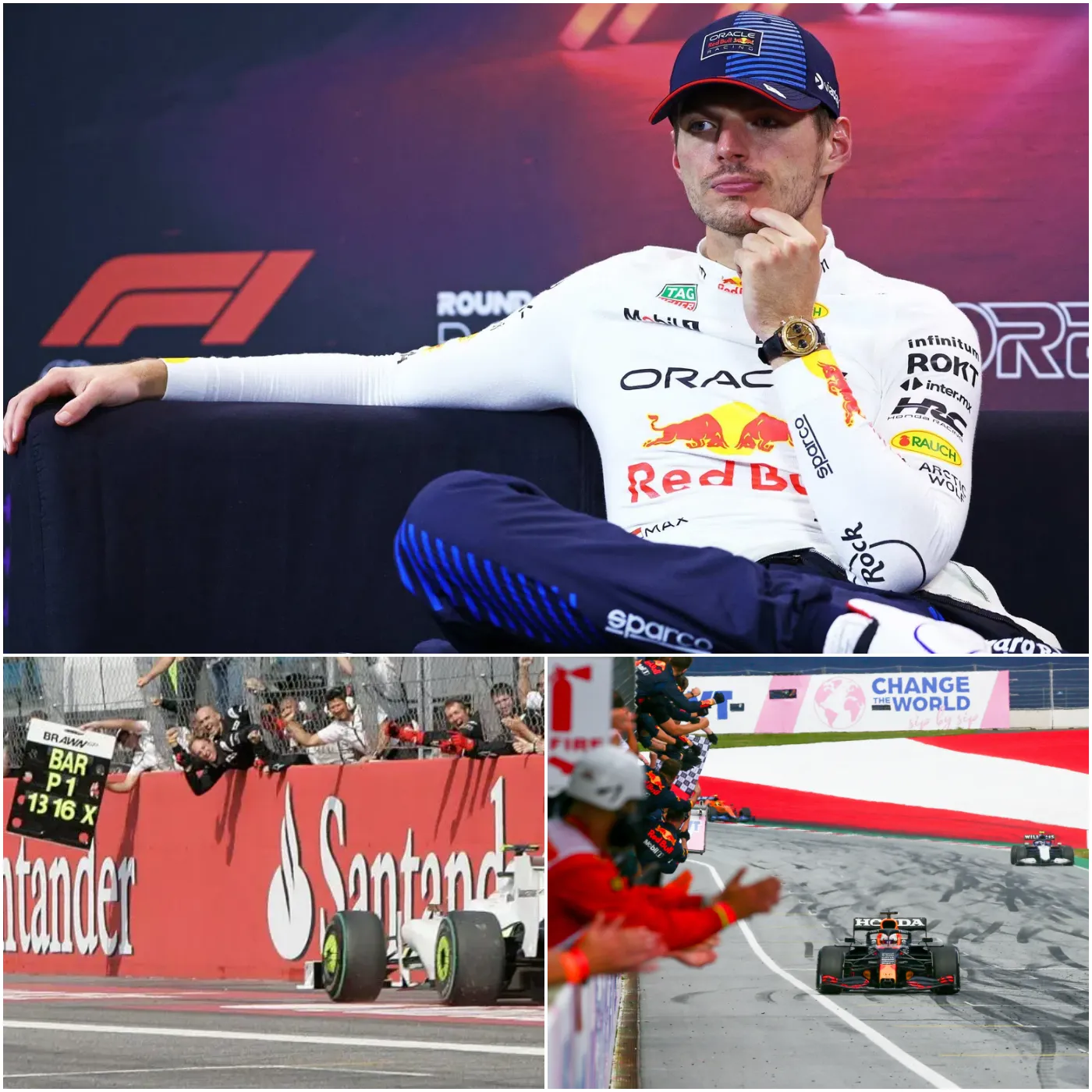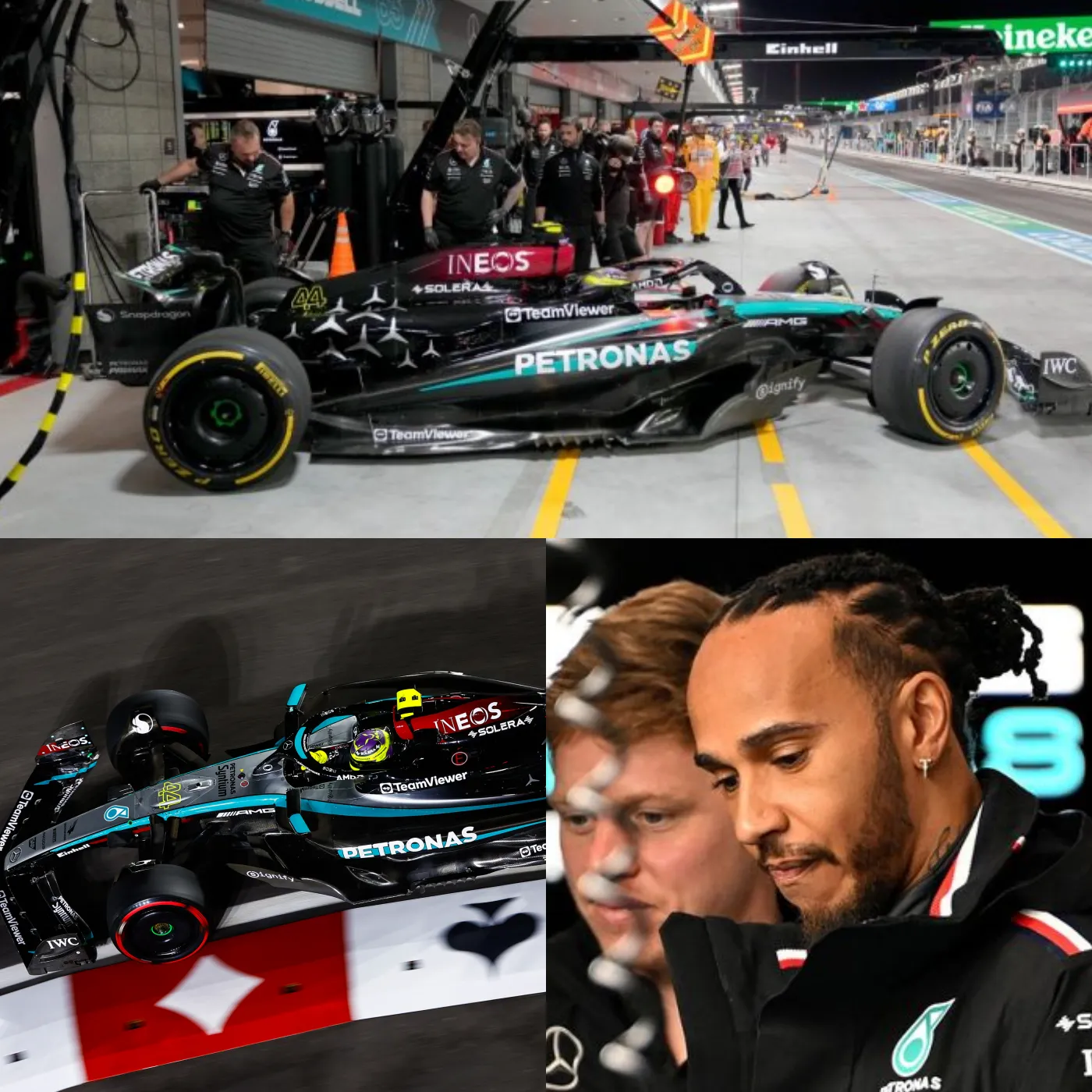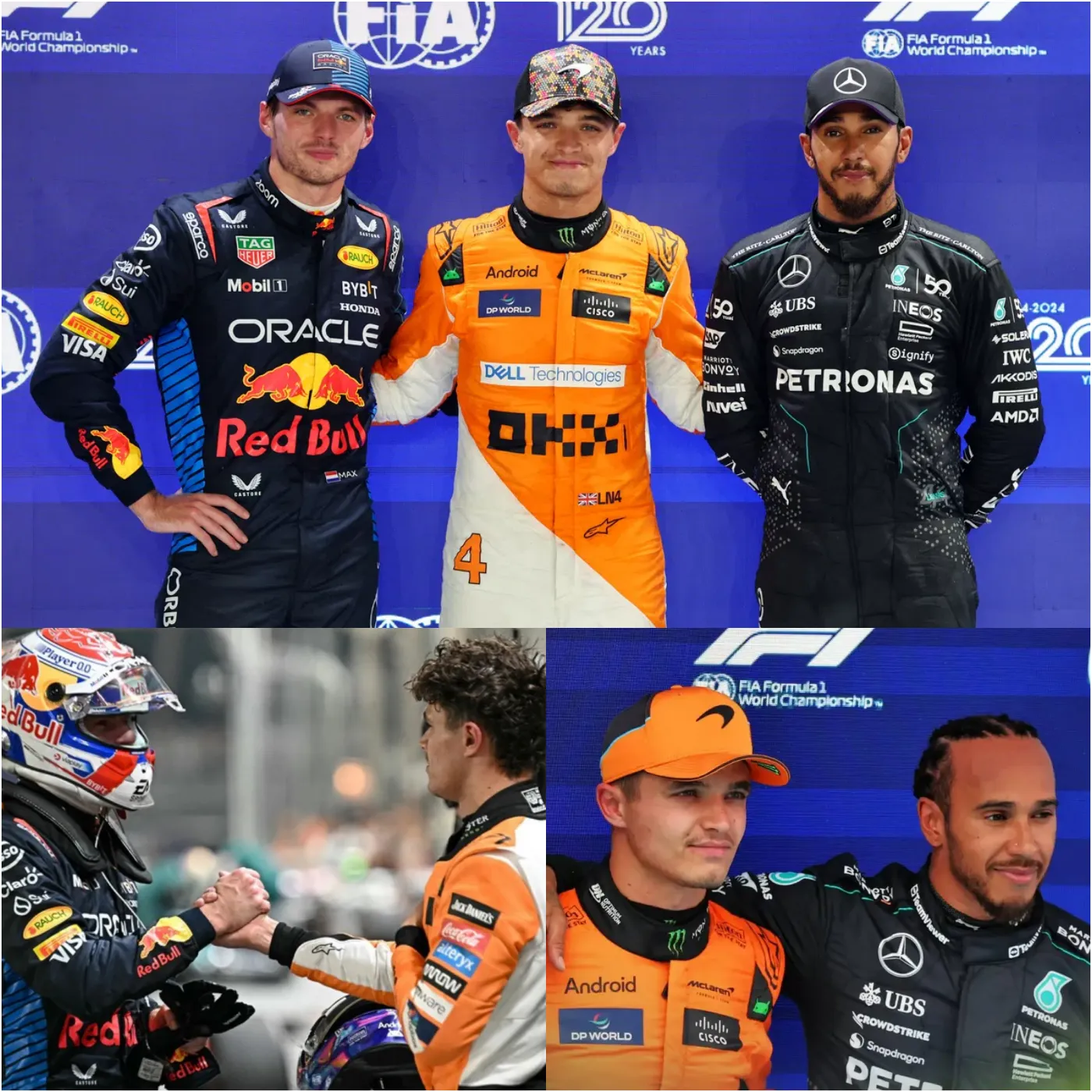In a season that’s seen Max Verstappen rise to near-legendary status in Formula 1, a dramatic shift is happening in the world of motorsport, particularly in the Middle East. As the region’s influence in the sport grows, it’s becoming clear that Verstappen’s dominance is changing the way F1 is perceived and consumed in the Arab world. However, amid all of this excitement, Qatar, which is becoming more and more involved in Formula One, is becoming uneasy about the Dutch driver’s increasing strength. The Middle East is slowly leaning toward the Netherlands, while Qatar shudders at the overwhelming presence of Verstappen.
Verstappen’s Meteoric Rise: More Than Just Wins
Max Verstappen has unquestionably emerged as the face of contemporary Formula 1. His consecutive world championships and an almost perfect 2024 season have made him untouchable in the eyes of many fans. But Verstappen’s influence isn’t just confined to European borders. The Middle East, which has been investing heavily in F1 with races in Bahrain, Saudi Arabia, and Abu Dhabi, is now seeing Verstappen as a major asset for the sport’s growth in the region.
Verstappen’s aggressive, no-holds-barred racing style has captured the attention of fans across the globe, including those in the Middle East, where Formula 1 has become a spectacle like no other. With every race, Verstappen continues to dominate, and as a result, his appeal grows exponentially, especially in regions eager for a driver to represent their interests.
The Middle East F1 Scene: Shifting Focus Toward the Netherlands
Countries like Saudi Arabia and the UAE are increasingly turning to Verstappen as a global ambassador for F1. These nations, which have sunk millions into building modern racing facilities, see Verstappen as the face of their investment. The Saudi Arabian Grand Prix and the Abu Dhabi Grand Prix have become key highlights of the F1 calendar, drawing huge crowds and significant global attention. Verstappen’s dominance in these races only amplifies the attraction.
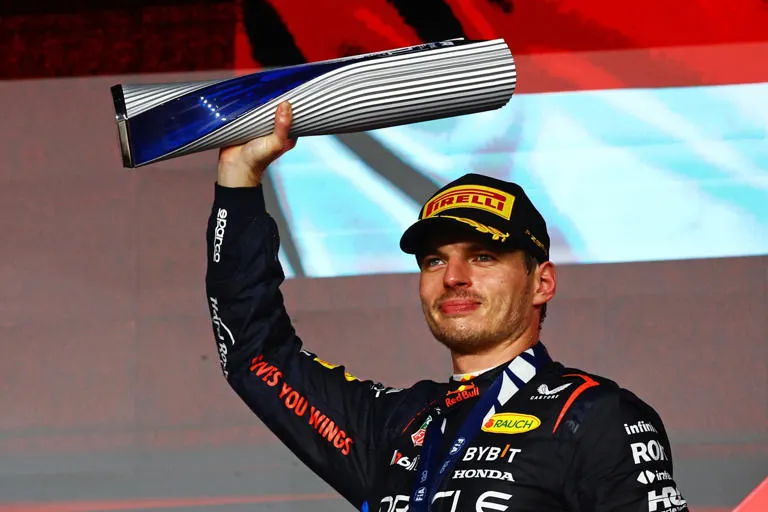
Saudi Arabia, in particular, has been vocal in its support for Verstappen, with reports suggesting that Red Bull Racing could find more backing from the Kingdom. The driver’s continued success aligns perfectly with Saudi Arabia’s ambitious plans to be at the heart of global motorsport. The UAE, while still a major hub for F1, has similarly begun to recognize that Verstappen’s rise is both a symbol of F1’s future and a reflection of the region’s broader desire for greater involvement in motorsport.
Qatar’s Unease: Verstappen’s Strength Undermines Its F1 Ambitions
While Qatar has made significant strides in recent years to establish itself as a key player in F1, the country is shuddering at Verstappen’s overwhelming strength. The Qatar Grand Prix was introduced in 2021, and the country has invested heavily in building Lusail International Circuit to attract top-tier events. However, Verstappen’s dominance has cast a long shadow over the race’s ambitions.
Despite Qatar’s large-scale investments and efforts to create a world-class venue, the reality is that Verstappen’s reign is taking center stage, and the country is struggling to find its place in the F1 landscape. Qatar’s Grand Prix has yet to build the kind of legacy that rivals the long-established circuits of Bahrain or Abu Dhabi, and as Verstappen continues to crush his opponents, the country’s attempts to establish itself as an F1 powerhouse are being overshadowed.
Some critics argue that Qatar’s newness in Formula 1 makes it more vulnerable to the dominance of a single driver. Unlike the UAE or Saudi Arabia, which have had years of experience with motorsport, Qatar is still finding its footing. The rise of Verstappen has made it difficult for Qatar to carve out its unique identity in the sport, especially as his success in Middle Eastern races leaves little room for others to shine.
Why Qatar Needs to Rethink Its F1 Strategy
Qatar may find itself at a crossroads in its relationship with Formula 1. If the country wants to truly stake its claim in the sport, it needs to diversify its focus beyond simply hosting a race. Qatar must develop a long-term strategy that incorporates more than just lavish venues; it needs to invest in developing its own drivers, teams, and a fan base that can support a lasting F1 legacy. But as long as Verstappen continues to dominate, the country’s F1 ambitions will remain secondary to the overarching narrative of his triumph.
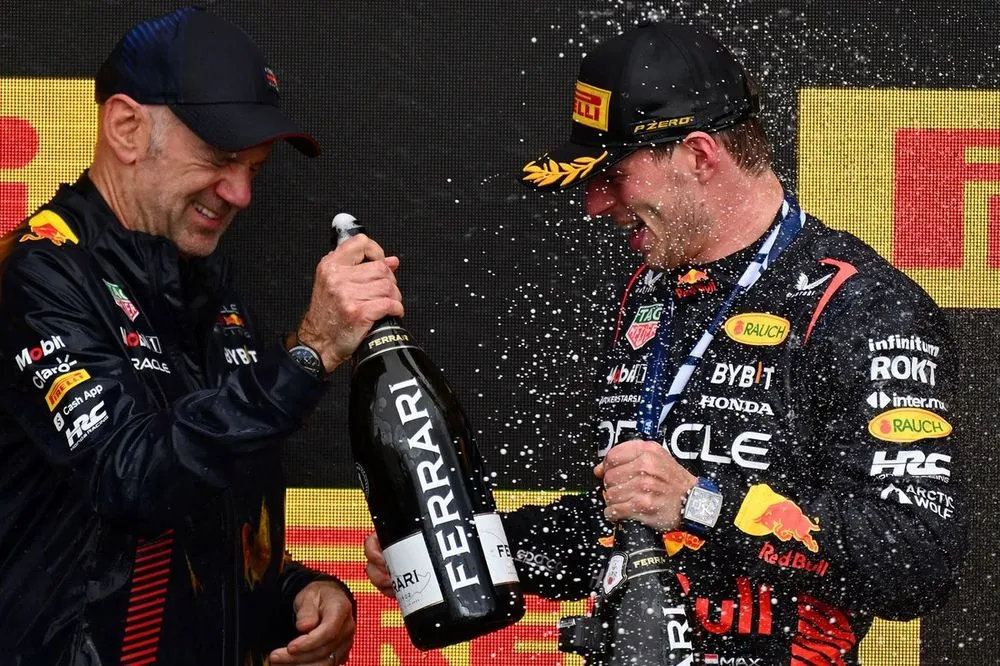
Moreover, Verstappen’s popularity means he may soon become a face that dominates Middle Eastern F1 broadcasts, and with that comes the risk of Qatar being seen as a mere spectator rather than a key player in F1’s future. As nations like Saudi Arabia double down on supporting Verstappen’s brand, Qatar must find a way to create its own identity that doesn’t solely depend on the performance of other teams or drivers.
Conclusion: The Middle East’s Changing F1 Landscape
As Max Verstappen continues to dominate the Formula 1 world, it’s clear that the Middle East is beginning to align itself with the Dutch driver, seeing in him a perfect representative of their investment in the sport. Meanwhile, Qatar’s discomfort at Verstappen’s growing influence suggests the country’s F1 strategy needs rethinking if it hopes to remain a relevant force in the motorsport world.
The dynamic between Qatar and the broader Middle East in F1 is shifting, and it seems that Verstappen is at the center of this transformation. The future of F1 in the Middle East may very well be intertwined with the Dutch driver’s ongoing dominance, leaving Qatar to either adjust its focus or risk being left behind in a world rapidly being reshaped by Verstappen’s strength.
